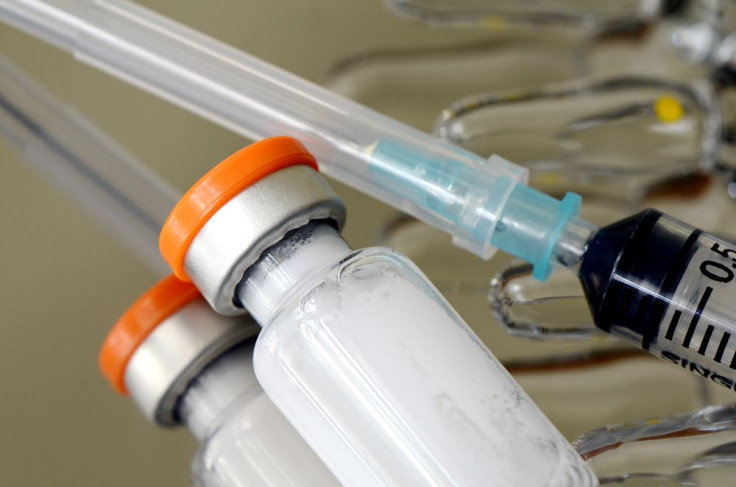Aveed, Testosterone Drug Rejected By The FDA 3 Times, Receives Agency Approval: How Will It Help Men With Hormone Deficiency?

Endo International Plc said on Thursday that its hypogonadism drug Aveed has now been approved by the Food and Drug Administration, promising a speedy rollout of the thrice-rejected pill aimed at men with diminishing testosterone.
Rajiv De Silva, president and CEO of Endo, told reporters that the approval is a significant milestone for the developer as well as the millions of American men who struggle with low hormone levels. "With AVEED, Endo can now offer men living with hypogonadism different treatment options to raise testosterone levels,” he said. “We are focused on getting AVEED to market to ensure that appropriate patients have access to it."
The new drug, which received its approval after an 84-week Phase III trial conducted with U.S. men in their fifties, is administered in the form of intramuscular injections — one at the initiation of therapy, one at four weeks, and then one every 10 weeks. It is expected to be available through health care providers later this month.
"Physicians have prescribed FDA-approved testosterone replacement therapies for many years to help treat men diagnosed with testosterone deficiency, or hypogonadism,” Dr. Martin Miner, co-director of the Men’s Health Center at Miriam Hospital in Providence, R.I. “AVEED is an important new option that may be suitable for some men given its dosing schedule and administration.”
Hypogonadism currently affects nearly 40 percent of the male population over 45. The hormone deficiency is characterized by poor erectile function, reduced libido, and an overall decline in sexual activity. Non-sexual complications include increased body fat, reduced muscle mass, fatigue, and depression.
Testosterone treatments like AbbVie’s current market leader AndoGel grossed about $1.2 billion in 2012, according to Reuters. During premarket trading on Thursday, Endo’s shares rose 4.6 percent.
Consumer advocacy groups initially asked the FDA to delay its decision on Aveed, citing the link between testosterone drugs and heart problems. The agency has also expressed concern about the ingredient castor oil, which may cause blockages in pulmonary blood vessels. This can in turn lead to serious lung problems.
“AVEED has a Boxed Warning for serious pulmonary oil microembolism (POME) reactions and anaphylaxis,” the company wrote in a press release. “It should be used in patients who require therapy and in whom the benefits of the product outweigh the serious risks of POME and severe allergic reaction (anaphylaxis).”
Other listed side effects include cough or urge to cough, difficulties breathing, sweating, chest pain, and tightening of the throat.



























